Life after cancer
Life after cancer
In this section dedicated to life after cancer, we explore the process of reorganization and redefinition of life once treatment is completed. You will find practical advice and resources to help you navigate this transition period, including information on financial management after cancer treatment.
Welcome it with relief
After the shock and disbelief of receiving a prostate cancer diagnosis and during your gradual adaptation to this new reality, you had to make decisions in collaboration with your doctor and undergo treatments. Follow-up with a urologist, a radiation oncologist, or an oncologist now involves regular visits to this specialist, PSA (prostate-specific antigen) tests, and possibly a digital rectal exam. You have responded well to your treatments, and your PSA concentration has decreased and stabilized. Remission is always greeted with relief.
All the measures you have taken to treat cancer will give you the feeling of better control over your life. Strong emotions, such as anger, will diminish. However, you may still need to consider temporary modifications to your family life or make other adjustments according to your needs. The evolution of your situation could open the door to new dialogues. Those who were unable to confront your illness may see you again as you are getting better.
Nevertheless, the fear of a recurrence remains. This reaction is normal in the case of a life-threatening illness. The next visit to the doctor, the next PSA test, and the side effects of treatments are disruptive elements that constantly remind you of the existence of cancer. But keep in mind the essentials: you are still alive; you have fought to save your life and you have won the battle. This experience has undoubtedly taught you to prioritize the things that are important to you, not to take anything for granted, and to live as intensely as possible. Make the most of every moment that life grants you.
After cancer
The day of the end of treatment and the term “remission” are two elements that cancer patients hope for and await. But once treatment is over, men may not feel ready for life after treatment.
It is often thought that the hardest part is living with cancer, but the remission period also requires adaptation. During your treatment, you are in frequent contact with your healthcare team and closely monitored. The end of treatment may therefore seem stressful because these contacts tend to become less frequent.
Recovering from cancer treatment is not just about “physical” recovery – it’s also about emotional recovery. So it’s important to take the time to acknowledge your fear, grief, and loneliness, which are normal feelings after this type of illness.
The fear of recurrence is very common among cancer survivors. Even if several years pass without any signs of the disease recurring, cancer survivors always have the fear of cancer recurrence in mind.
In the face of this fear, you need to become aware of your feelings. You should not feel guilty for having these feelings or ignore them in the hope that they will go away. Asking your doctor what can be done to reduce the risk of cancer recurrence is one way to deal with it. Here are some measures that are also beneficial for you in the post-cancer phase:
Taking care of your body
Having a healthy diet and engaging in regular physical activity. Diet may need to be adjusted, especially in cases of intestinal disorders following radiotherapy. A dietitian can advise the patient in such cases. Resuming exercise after cancer should be gradual to spare the body. Exercise helps to gauge this “new” body and understand its limits and capabilities.
Having balanced and restorative sleep
Sleep is essential for the body and allows it to recover from cancer treatment and also to be balanced psychologically.
Attending all follow-up appointments
You may be anxious about attending your follow-up appointments, fearing bad news. This should not prevent you from going. Indeed, this appointment may be an opportunity for you to mention to your doctor any signs and symptoms and side effects – incontinence, erectile dysfunction – that worry you and discuss solutions. The specialist is also there to inform you about your risks of recurrence and symptoms to watch out for.
Openly discussing fears
It is important to be able to express your concerns to friends, family, your doctor or counselor, and other cancer survivors. If you do not feel comfortable enough to express your fears, you can write them down in a journal. But it is important not to keep your worries to yourself, as this can quickly become a burden and promote depression.
Adaptation difficulties
Adaptation difficulties are common after cancer. When a person is diagnosed with cancer, they may have focused all their attention and energy on their treatment in order to heal. Once treatment is over, all the projects that had been put aside accumulate and demand time. This can bring stress and a feeling of being overwhelmed and overloaded.
You should not feel obliged to accomplish everything at once. It is necessary to allow yourself time to rest and to establish a daily routine to regain your bearings. Taking time for relaxing activities, being part of a support group, and exercising are ways to regain an active rhythm while taking care of yourself.
Persistent feelings of sadness and anger can interfere with your daily life. For many people, these feelings dissipate. But for others, these feelings can turn into depression.
You should then inform your doctor who, if necessary, will prescribe medication or refer you to a psychologist. Early diagnosis and prompt treatment are essential for successfully overcoming depression.
If surgery or other treatments have changed your physical appearance, you may feel disoriented and doubtful. Sexual and/or urinary disorders, weight gain or loss may lead some people to withdraw and isolate themselves. A decrease in self-esteem sometimes has consequences on marital relationships.
Regaining self-confidence is not easy. It all depends on the impact of changes and sequelae on life and the individual reaction. It is when they regain confidence in themselves and in their appearance that their social relationships are more peaceful. Family and friends’ support is essential.
Men sometimes think that others cannot understand what they have been through. This makes it difficult to connect with other people and can lead to loneliness. Considering volunteering, joining a walking, cycling, or gym club, or adopting a pet are ways to combat this isolation.
Planning for the future
Some people find it helpful to set goals as it allows them to think about other things they will try to achieve. You can set different goals such as a trip, a career change, or a healthier lifestyle. There is no better way than another. The most important thing is to know what suits you.
If you have not yet sorted out your financial and legal matters, now is a good time to do so. Resolving these details does not mean that cancer treatment was ineffective or that you expect to die soon. Ensuring that your affairs are in order can help you focus on living your life as fully as possible after cancer and provide you and your loved ones with peace of mind knowing that your wishes will be respected.
There are several types of advance directives (legal documents that describe your wishes regarding your medical care, finances, and estate) that you may consider when planning your future after cancer. It is best to discuss with a lawyer or your healthcare team for detailed information. You can give a copy of your advance directives to a lawyer, your healthcare team, so that they can file them in your medical record, or your closest relative.
You will find a wealth of information on Vos droits en santé website.
Adopting a strategy for my employment
Are you considering returning to work after your cancer treatment? It can be a significant positive step in your life. Even if you may be eager to resume your usual routine, it is also understandable that you may feel anxious or worried. Fortunately, a return-to-work plan can ease the transition for you.
If you wish to continue working despite prostate cancer and treatments, you should first find ways to remain at work with the support of your healthcare team. For example, you can identify the type of work you can perform as well as the duration of the task.
It is also suggested to discuss the following aspects with your immediate supervisor:
- Modified work schedule
- Reduced workload
- Adjustment of professional responsibilities
- Workspace arrangement at the office
- Training/update if your responsibilities change
- Support from a resource person
- Financial support
When you are at work, plan your professional activities according to your abilities and availability. This way, your employer can be prepared for your absence, whether it’s short or long-term. Your doctor can also suggest ways to manage the side effects of treatments.
Suggestions for questions to ask your employer, union, or human resources:
- Is it possible to implement accommodations, and what are the types of accommodations for my condition? Here are some examples:
- Do I need to change my tasks to maintain my job?
- Can I work part-time or have a more flexible schedule?
- Can I telecommute?
- Can I take additional breaks?
- Is the work environment flexible, and is it possible to rearrange my workspace?
- Can I get more ergonomic equipment or furniture?
- What will be the impacts on my private health insurance if I stop working?
Planning my retirement from work
It is often difficult to reconcile work and illness. Treatments, as well as the disease itself, often result in a decrease in energy, affecting your ability to work. Thus, the fear of losing your job or part of your income can generate a lot of additional stress.
Repeated absences due to prostate cancer treatment can cause you to lose a significant portion of your income, as can an extended or even permanent absence. It may therefore be wise for you to consult a financial planner to explore your options in the event of permanent withdrawal.
For a temporary but more or less prolonged absence, a social worker can also guide you to financial resources available to you or other types of support. It is important that you do not feel helpless about your situation.
You have rights as an employee in Quebec and Canada regarding employment and serious illnesses. Visit the website of the Commission des normes, de l’équité, de la santé et de la sécurité du travail du Québec for complete information. The Labour Program is responsible for the well-being and protection of the rights of workers and employers in workplaces under federal jurisdiction.
Suggestions for questions to ask yourself:
- Do I want to work during treatments?
- How important is my job financially or socially to me?
- What aspect of my work is most important to me?
- What will be the financial impacts if I do not work?
- Can I financially afford to work part-time?
- What do I want for my professional future?
- Can I take early retirement or retire?
- What do I want to tell my colleagues?
- What are my rights at work?
Refer to the Commission des normes du travail (www.cnt.gouv.qc.ca)
Engaging without working
You may decide that it is time to retire. Consequently, you can continue to feel useful while engaging in a low-stress and enjoyable activity for you. This allows you to meet people and work on your skills. Prostate cancer may take a lot of energy from you, but you can easily dedicate what you have left to a cause that resonates with you.
Financial hardship
When you return to work you may feel relieved to have a steady income again. But you may still have financial concerns if you are not able to return to work full time right away. You may have used up all or most of your savings to cover costs during your cancer treatment. And you may still have some ongoing costs, such as equipment or nutritional supplements.
Check with your human resources department to see how your health and employment benefits will be affected after returning to work.
Account managers at your bank, personal financial planners or advisors can help you budget your money and help you with a financial plan now that you have returned to work.
You may still be able to claim some of your ongoing medical costs (such as drugs, equipment and supplies) on your income tax return.
Long-term disability benefits
Long-term disability (LTD) is a type of insurance that pays a percentage of your salary, if you are not able to work for a long period of time or are unable to return to work at all.
If you are covered by an employer, LTD benefits may be offered after short-term disability benefits end. LTD benefits vary depending on the plan.
You will be asked to provide detailed medical information when you apply for LTD benefits. You may have several medical forms to fill in, some of which have to be completed by all of the doctors responsible for your care. A medical update may be needed at certain times and there may be a limit to the amount of time you can draw benefits.
You may qualify for government disability benefits through the Canada Pension Plan disability benefit or the Quebec Pension Plan disability program.
Financial questions to consider with a social worker, accountant, tax advisor, personal banker, or cooperative family economics association in your area:
- Will my income decrease?
- Do I have any insurance?
- If so, what kind?
- Private or public salary insurance?
- Temporary or long-term private or public disability insurance?
- Critical illness insurance?
- Do I need to review my budget?
- What can I cut or reduce?
- Is debt consolidation a solution for me?
- Should I cash out my investments?
- Are there other sources of funding?
Life and travel insurance
Some private life insurance companies will insure cancer survivors, but at a higher rate. Others may insure cancer survivors after a number of years of being disease-free. In some cases, buying individual coverage can be harder for a cancer survivor.
As a cancer survivor, it may be harder or more expensive for you to get travel health or trip cancellation insurance. Check to see what your healthcare plan covers and read the fine print on your policy to make sure you understand its terms. When you’re applying, ask lots of questions and be open about the fact you’ve had cancer and any other health conditions you have. If you don’t tell the insurance company about an illness or health concern, it may invalidate your coverage.
A social worker or financial advisor may be able to tell you about which companies provide extended health benefits, critical illness, travel or life insurance and what they have to offer cancer survivors.
For more information on group and individual life and health insurance plans in Canada, go to the Canadian Life and Health Insurance Association (CLHIA) or OmbudService for Life and Health Insurance.
Other pages that might interest you
Additional Information - Facing cancer
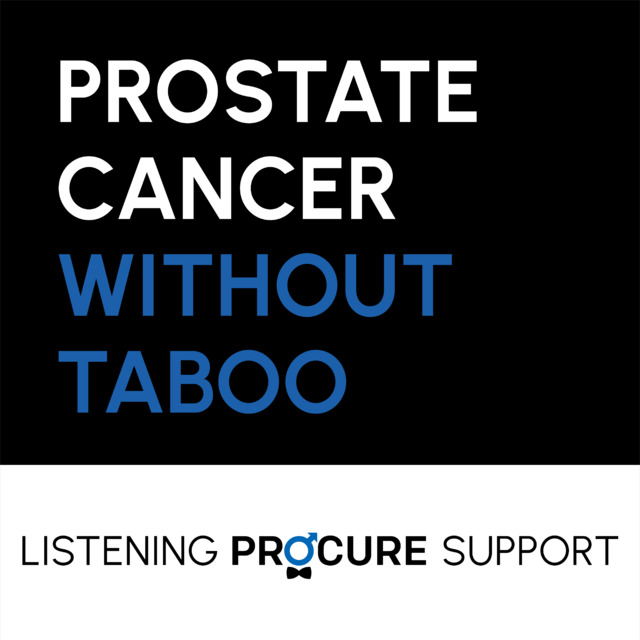
Urologist’s advice: Treatments and information on prostate cancer
Learn more about the role of the urologist and the importance for a patient to gather adequate information after receiving a prostate cancer diagnosis.
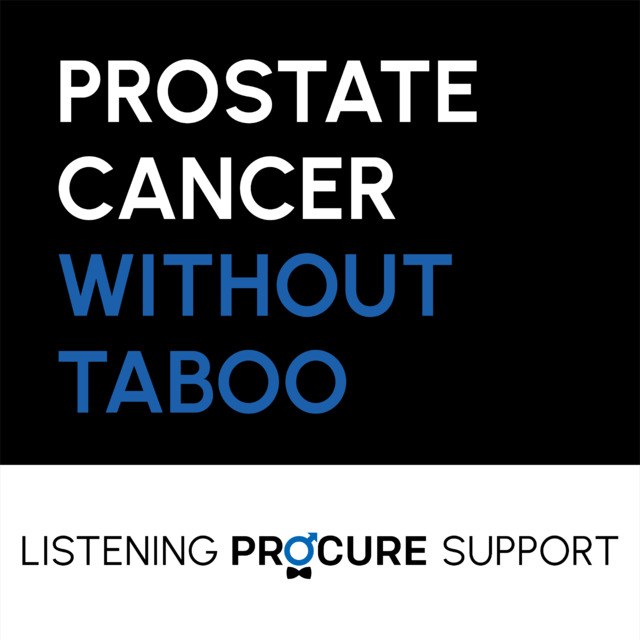
How I coped with prostate cancer
A man with prostate cancer shares the challenges of his cancer experience.
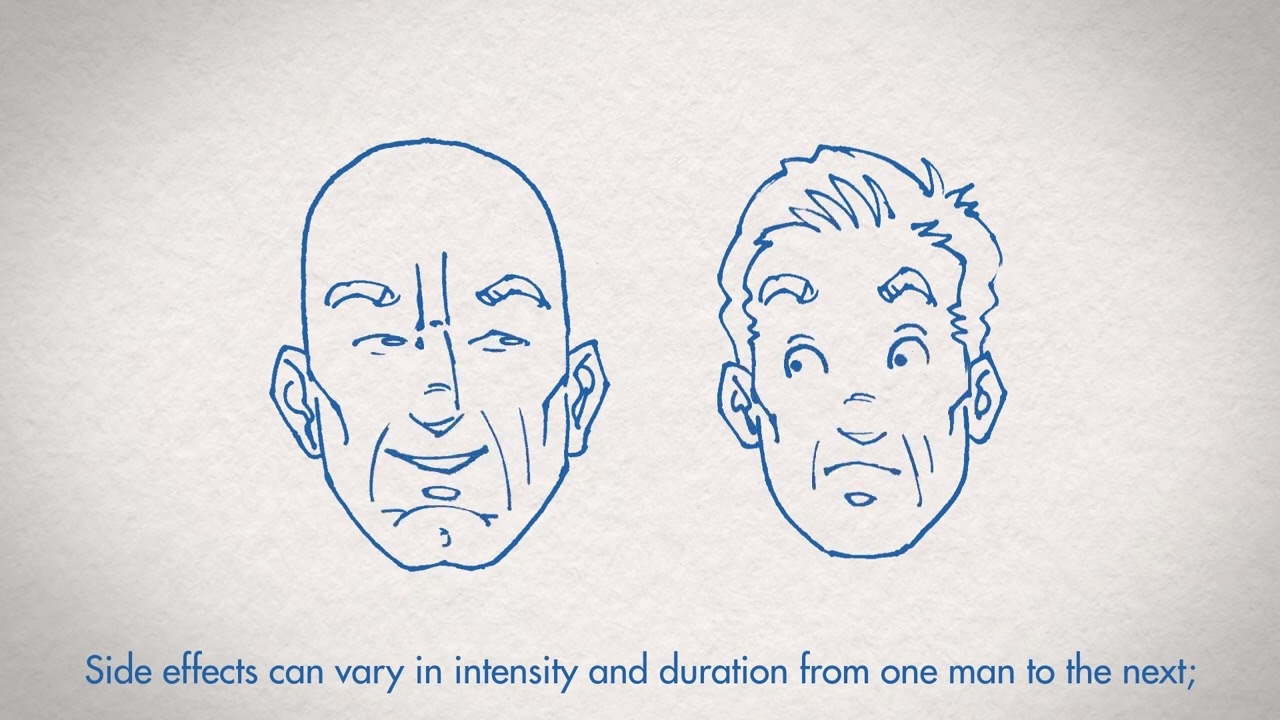
Your role as a patient
You’ve been diagnosed with prostate cancer? Your role is as important as that of your medical team.
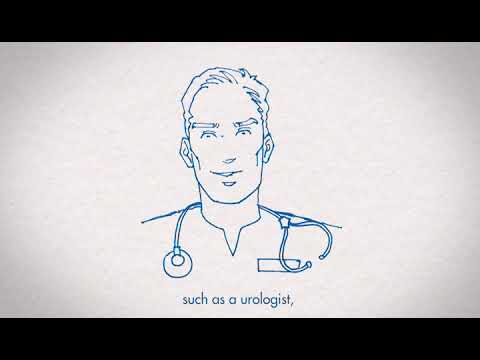
Diagnosis and treatment
Recently diagnosed with cancer? Educate yourself to fully understand your situation.
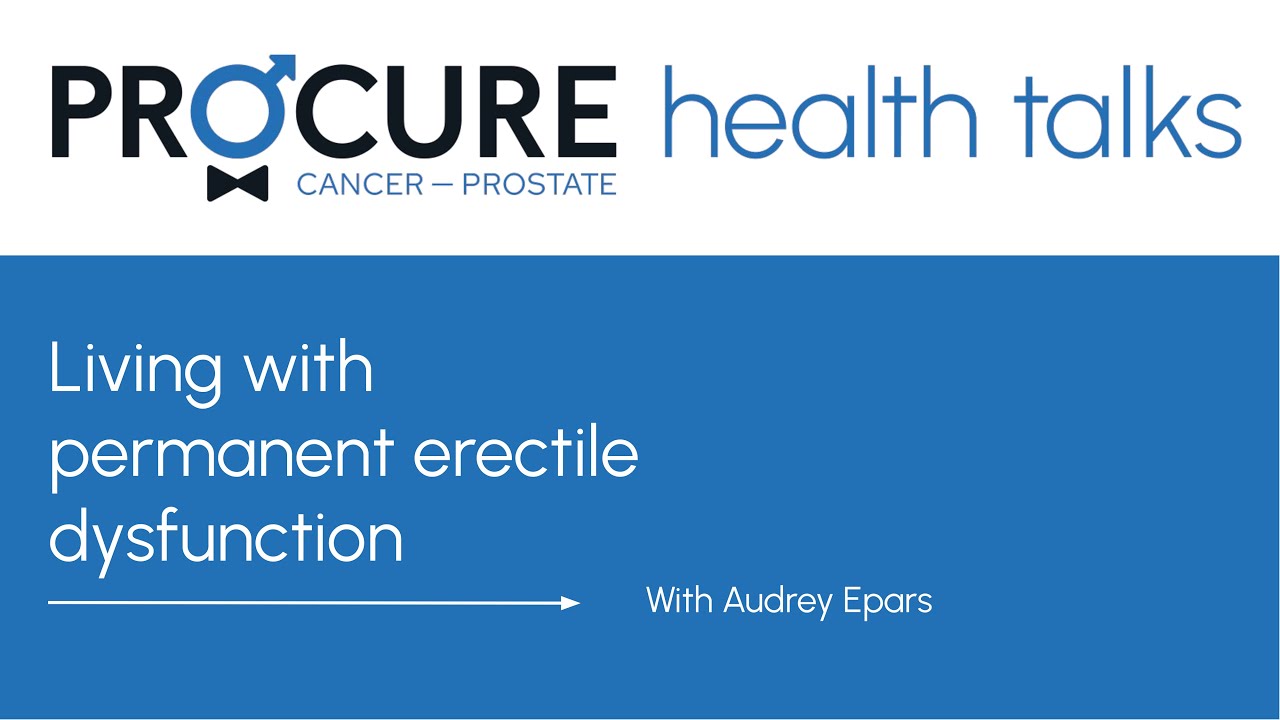
Living with permanent erectile dysfunction
Managing permanent ED after prostate cancer is delicate. Discover strategies to cope with it.
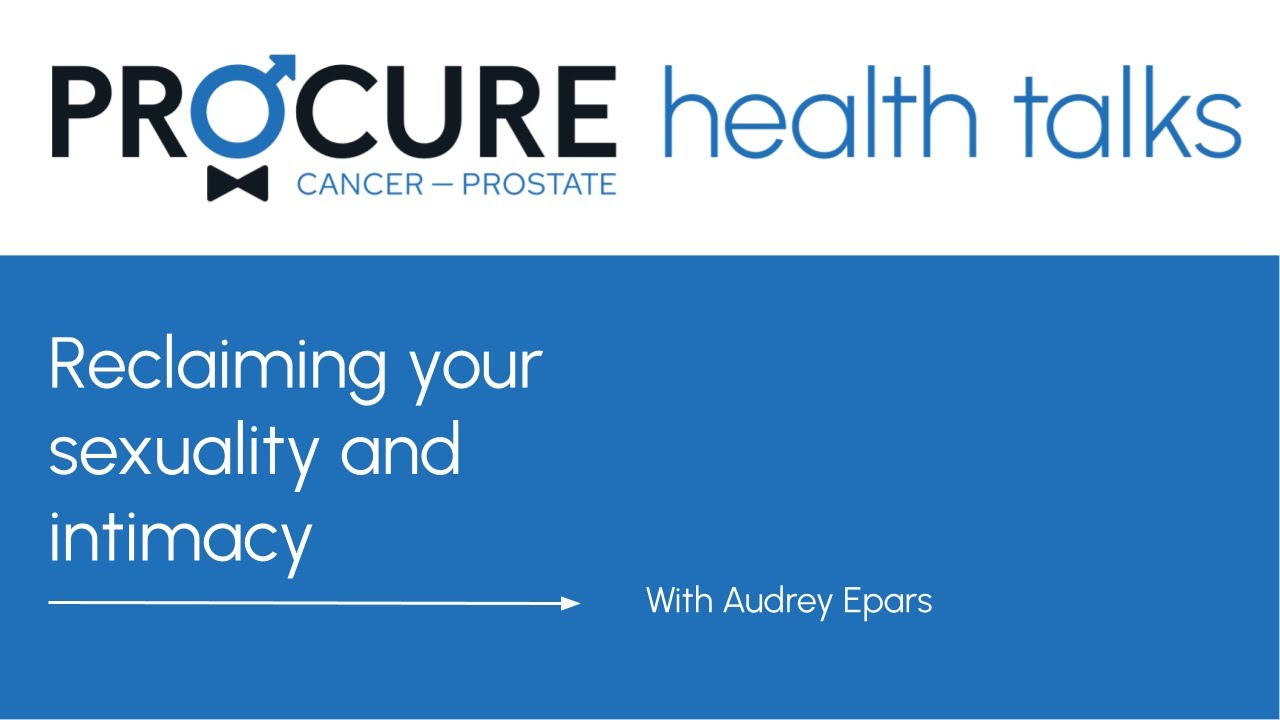
Temporary erectile dysfonction due to treatement
Watch this webinar for advice on regaining your sexuality and redefining intimacy and self-image after prostate cancer treatment.
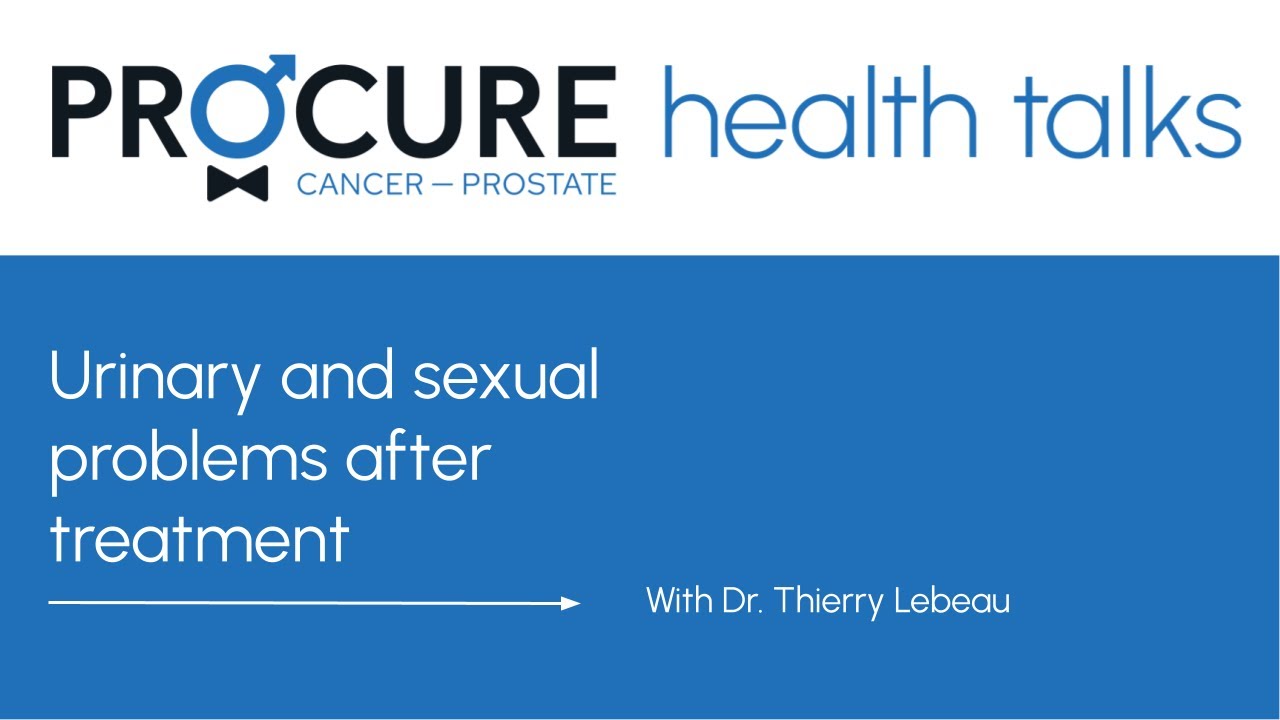
Urinary and sexual problems after treatment
Prostate cancer treatments can lead to side effects, such as erectile dysfunction and urinary incontinence, which vary in intensity and duration.
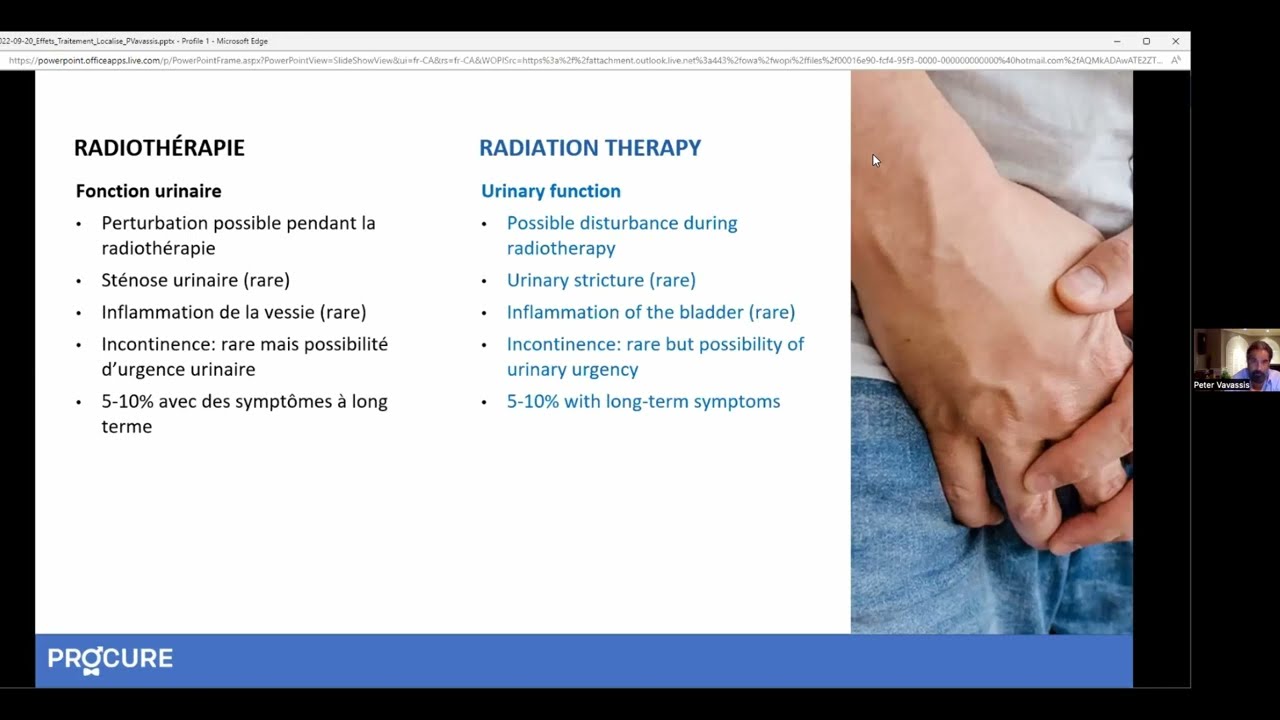
Urinary, sexual or intestinal problems
This webinar offers guidance on managing urinary, erectile, and intestinal functions after prostate cancer treatment.

Living Fully, Drinking Moderately
Benefits of Drinking Less and Flavourful Recipes to Guide You Are you aiming for a healthy start to the year by reducing or completely abstaining from alcohol? It can be challenging, especially when many of our social activities revolve around drinking, such as “Happy Hours” or going to a bar with friends for a sporting […]

Rediscovering Well-being After Treatments
After completing treatments, people often feel a mix of concern and relief. The main focus during this transition is rediscovering well-being.

Do you have a curved penis?
Is your penis curved? Does it curve to the left, right, upward, or downward? You have a curved penis and you or your partner want to know why?

Orgasm without erection?
It is entirely possible for a man to achieve orgasm without an erection or penetration and there are several ways to achieve this.

Simple and easy-to-make healthy recipes
Regardless of the season, why not take the opportunity to cook simple and easy-to-make healthy recipes that are rich in nutrients beneficial for your heart and prostate?!

Fresh start with new habits
We don’t have to wait until January 1st to make a fresh start and adopt new habits. This decision can be made at any time during our life.

Does warm milk help you sleep better?
Can a glass of warm milk help you sleep better in the arms of Morpheus? The Rumor Detector wondered if the research has confirmed this.

I am a little bit diabetic
My doctor informed me that I am a little bit diabetic and that I will have to make important changes to my lifestyle.

Caring for your bones in 5 points
Nicknamed “the silent thief” due to the absence of symptoms, osteoporosis is often only detected at a more advanced stage following a fracture.
Sources and references
Last medical and editorial review: April 2024. See our web page validation committee and our collaborators by clicking here.



